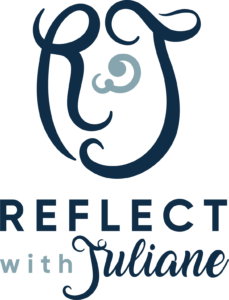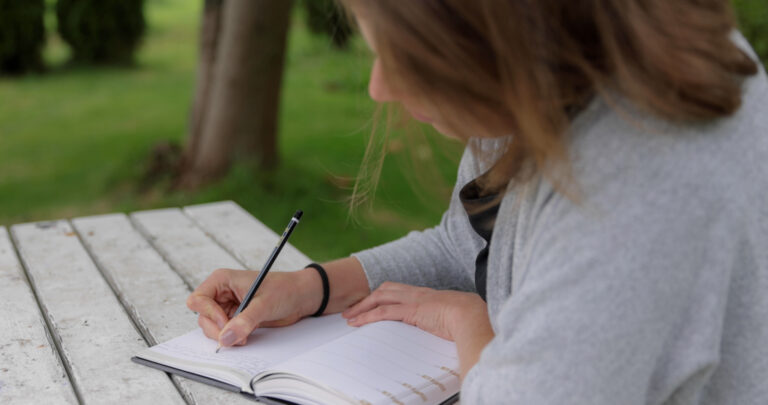What is a toxic relationship? defining toxic relationships
A toxic relationship is characterised by patterns of behavior that cause emotional, psychological, or physical harm to one or both partners. While every relationship goes through ups and downs, toxic relationships are defined by consistent negativity, manipulation, control, or lack of respect. Common signs include frequent criticism, jealousy, dishonesty, and unresolved conflicts. In these relationships, there’s often an imbalance of power, where one partner exerts control over the other or consistently diminishes the other’s self-worth.
Whereas many couples get stuck in repetitive conflicts and fights – often resulting from at least one of the four signs as defined by Gottmann, namely criticism, contempt, defensiveness and stonewalling. Toxic relationships are characterised by the feeling that we – as a person – are wrong or flawed. I have observed how at least one partner feels entirely responsible or guilty for this dynamic – and internalises the negative experiences of the relationship to the point of self-blame, shame or low self-confidence. It’s important to remember that toxic behavior can be subtle at first, gradually increasing over time. Even small acts of disregard or manipulation can create a cycle of hurt and resentment that poisons the connection.
Can Toxic Relationships Make You Sick? Signs of a Toxic Relationship
Toxic relationships have a serious impact on our bodies – the combination of the relationship combined with our desperate attempts to change or fix the relationship. This can harm our emotions – we start feeling overwhelmed and anxious and in some instances, people can develop symptoms similar to burnout. And such relationships can also make us physically ill. When we’re constantly exposed to negativity, stress hormones like cortisol flood our bodies. This chronic stress can lead to a range of health issues, from anxiety and depression to headaches, digestive problems, and weakened immune systems. The emotional burden of a toxic relationship takes a toll on your physical health, contributing to poor sleep, lowered energy, and even more serious long-term conditions like high blood pressure or heart disease.
Signs that you may be in a toxic relationship include:
- Feeling drained or anxious after spending time with your partner
- Walking on eggshells to avoid conflict
- Ending up in frequent or intense arguments with no resolution
- Experiencing a sense of dread or fear around your partner
- Being exposed to emotional manipulation, guilt-tripping, or controlling behaviors
- Identifying moments of abuse – emotionally, phyiscally or sexually
How does a toxic relationship affect your health? Long-term consequences of a toxic relationship
Over time, the psychological strain can have serious long-term health consequences. Chronic stress weakens the immune system, making it harder for your body to fight off illness. It can also lead to weight gain or loss, inflammation, and a variety of mental health conditions such as anxiety disorders, depression, and some people explain it like a traumatic experience.
Toxic relationships can also erode your sense of self. Constant criticism or manipulation can leave you doubting your worth, which can affect your ability to function in other areas of life, such as work or friendships. Over time, you might withdraw yourself, further deepening feelings of hopelessness and low self-esteem. Many clients who consulted me while going through a painful time in their relationship were mainly confused – they didn’t know what to think or believe in anymore. And often, they blame themselves or think they are flawed or failed their relationship .
Many people who are stuck in a toxic relationship feel ashamed and struggle to open up to the people closest to tem, often resulting in them suffering in silence and isolation. Some of my clients feel completely alone when they seek therapy and we have to start by mapping out their support system of family members, friends, colleagues or other people who can help them out of this heavy experience.
Are Toxic Relationships Addictive? The Vicious Cycle of a Toxic Relationship
One of the most challenging aspects of a toxic relationship is that it can become addictive. Many people trapped in these relationships experience a cycle of highs and lows. After an intense argument, there may be a brief period of reconciliation or calm, creating a sense of hope that things are improving. Unfortunately, this “honeymoon phase” is usually short-lived, followed by a return to conflict. I describe it to my clients as being stuck swinging from one side to the other. We want to leave, and try to gather all our strength but the moment we have to face the reality of living without our partner, we become so scared or sad that we swing back wanting to stay in the relationship – jus to feel stuck again when we realise how miserable we are.
This rollercoaster of emotions can create an addictive dynamic, where the brain becomes hooked on the emotional highs and lows. Psychological research has shown over and over again that inconsistent gratification has the highest potential of addiction – and a toxic relationship is precisely that. The occasional moments of happiness can keep you holding onto the relationship, hoping for change, even when the underlying toxic patterns remain.
What Causes Toxic Relationships? Our Own Unhealthy Patterns
Toxic relationships are rarely the result of one person’s actions alone. Often, both partners contribute to the dysfunction, albeit in different ways. Unresolved trauma, low self-esteem, attachment issues, or unhealthy communication habits can contribute to these dynamics – and often our willingness or need to stay with a person who is not good for us is a sign of our own harmful and unresolved patterns. For example, someone with a history of abandonment might cling too tightly to their partner, while another person with trust issues may become overly controlling or jealous. And some of my clients simply feel stuck in a relationship because they have never experienced that love can feel different, healthy and nurturing – they think they won’t find or don’t deserve any better.
Understanding our own unhealthy patterns is key to breaking the cycle. Often, we unconsciously repeat behaviors from past relationships, especially if we grew up in environments where toxic interactions were normalised. Therapy can be helpful in this process – and also helps us to understand what the toxic relationship is saying about us and our own need for transformation. And in this sense, a toxic relationship can even be a starting point to a new identity and a new life.
Can Toxic Relationships Be Fixed? Healing Ourselves and Changing Our Relationships
The good news is that toxic relationships can be healed, but it requires effort and self-reflection from both partners. I always ask my clients if they feel they are on a journey together with their partners or if they are pulling alone in one direction – if both partners are committed, change is possible. However, if one partner is unwilling or unable to change, it becomes important to walk separate ways. Healing begins with recognising the toxicity and understanding its roots. Both individuals must be willing to engage in honest communication, set boundaries, and work on personal growth.
Counseling can play a vital role in this healing process. Couples therapy helps identify unhealthy patterns, improve communication, and rebuild trust. Individual therapy is also essential for each partner to work through personal issues that may contribute to the toxicity.
However, not all toxic relationships can or should be saved. In cases where abuse is present—whether physical, emotional, or psychological—the safety and well-being of the affected partner must be the priority. In these situations, ending the relationship may be the healthiest option.
The Path Forward: Growth and Change
Healing a toxic relationship is possible when both partners are committed to change. By addressing unhealthy patterns, rebuilding trust, and prioritizing emotional well-being, couples can transform their relationship into one that fosters mutual respect, love, and growth. Remember, healing begins within each individual—when we heal ourselves, we open the door to healing our relationships. I remember the time when I felt stuck in a relationship I experienced as toxic – and my friend sent me a podcast that explained how the partner who decides to leave is actually doing both a favour – setting themselves and their partners free to live in more harmony and find a better, healthier relationship.




